You will have heard people say it time and time again, but it’s true, cooling down really is essential after a workout. When you reach the final mile of your run or the final lift of the weights it’s important that you don’t stop there otherwise you’ll be prone to exceptionally sore muscles and maybe even blood pooling in your limbs. What you do just after you’ve finished exercising is actually just as important as what you do while you’re exercising. In the time immediately after a workout, your muscles are tired and begin to break down unless you warm down properly to ensure proper muscle and tissue repair.
Cool down
All cardio machines have a ‘cool down’ button for a reason; it’s there to be used. When you’re exercising at almost maximum effort a sudden stop can cause dizziness, a significant drop in blood pressure and even blood pooling. After a hard run, for example, it’s important to reduce your speed to a walk for around five minutes after in order to give your muscles chance to recover. It’s important to make sure your heart rate has returned to a more normal state of between 100 and 120 beats per minute before you stop exercising. After weight lifting try some walking lunges or even some yoga poses to help to reduce your heart rate quickly.
Stretching
When you’ve been training, your muscles are warm and therefore much more flexible. Stretching after a workout is much easier than it is beforehand and it will also relax any tension that has built up in your muscles while you’ve been exercising which will decrease the chances of any post-workout injuries. Hamstring stretches are essential as these major muscles are extremely prone to injury so make sure you dedicate at least ten minutes after your workout to stretching.
Rehydrate
You lose water from your body every time you move – even when you’re not exercising, but the harder you work out, the more water you lose. After an intense workout it’s really important to replenish the water that you’ve lost in order to increase flexibility and strength and to minimise muscle soreness. It’s okay telling athletes that they need to rehydrate after exercising but most already know that. The hard part is working out how much water you need to put back into your body. An easy way to work out how much water you should drink post-workout is to weigh yourself before you exercise and then again afterwards. The amount of weight that you’ve lost is the amount that you’ve lost in water and you should therefore drink this amount, plus another 25% to 50% in order to make up for urine losses too.
Protein shake
Between fifteen and thirty minutes after your workout, regardless of the time of day, you should assist in your body’s recovery with a protein shake. Protein shakes are full of nutrients and during this period after a workout your metabolic window is open which means that your muscles are able to absorb more nutrients than usual.
Massage
Massages have been proven to speed up muscle recovery by up to 50% which helps to prevent swelling and damage, as well as breaking up any knots and easing tightness. If you have an intense workout regime then strain on your muscles is inevitable; therefore a massage every now and again could be just what you need to be able to maintain your training schedule without any hiccups.

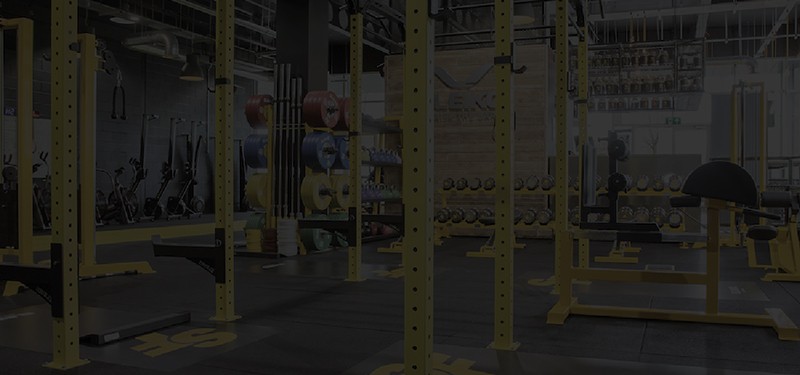
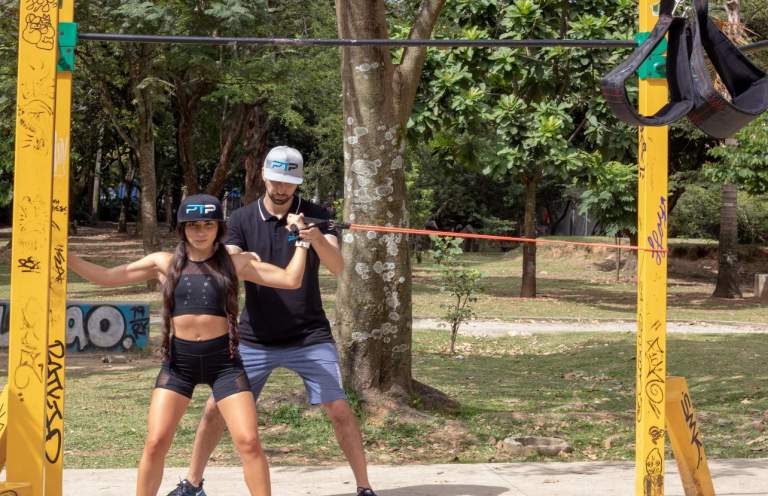
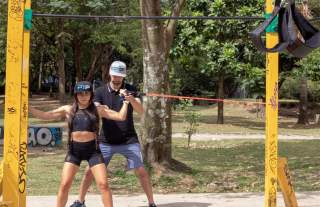
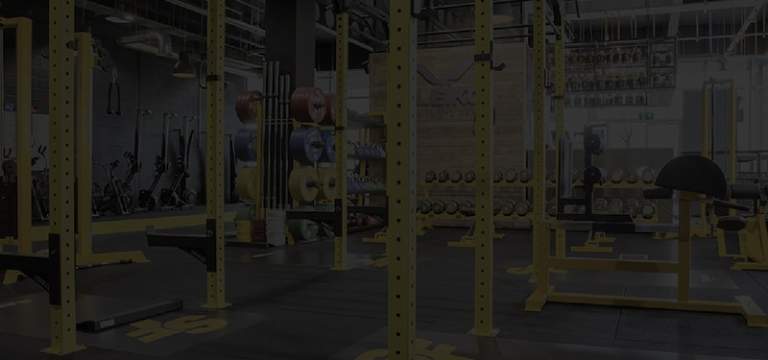

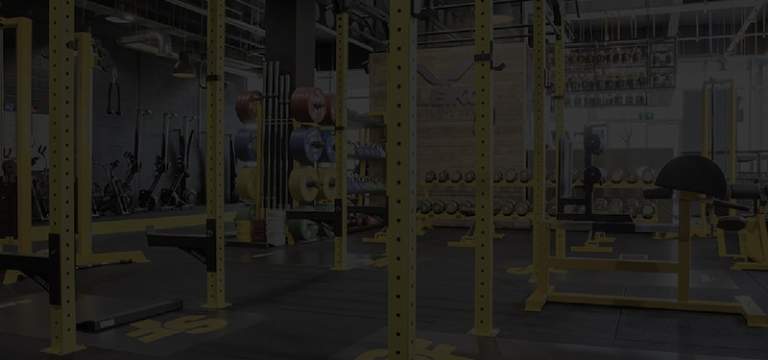

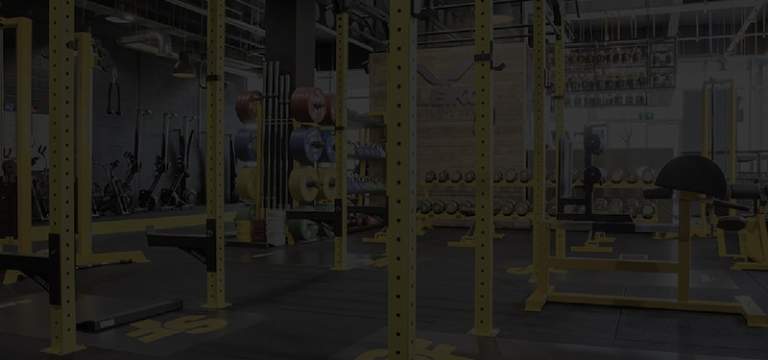

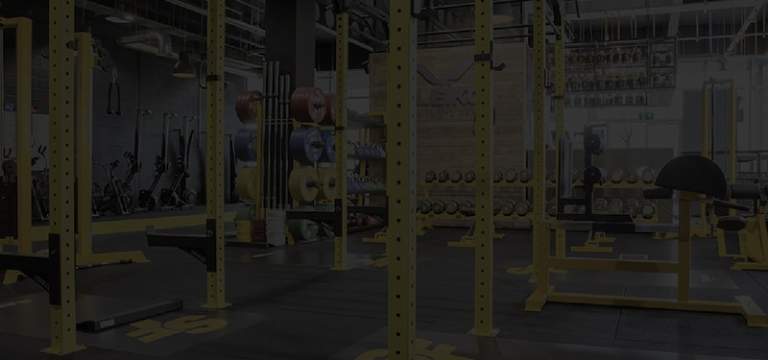
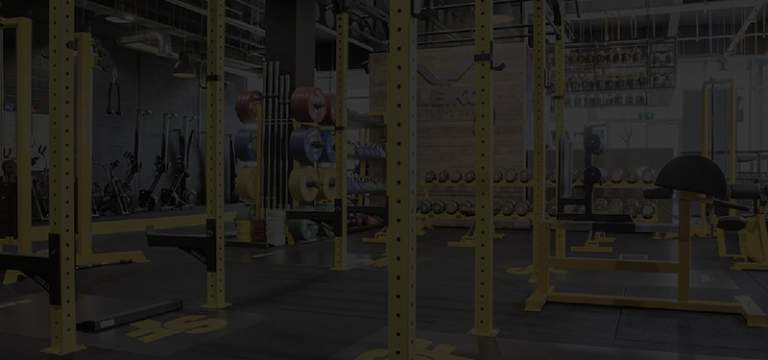
2 Comments
Comments are closed.